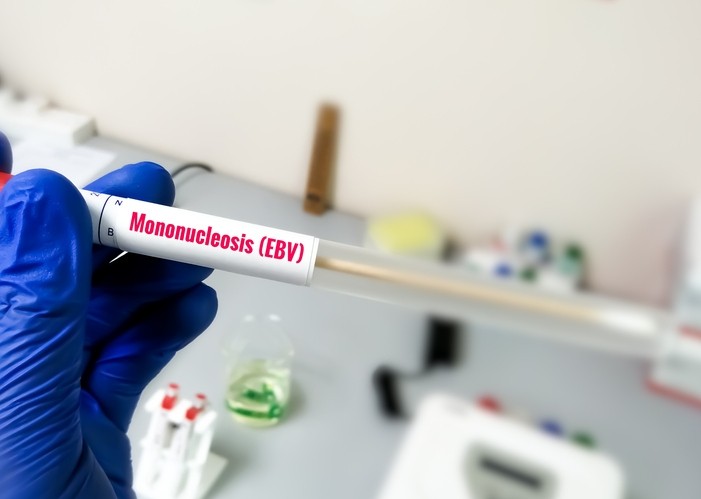Merck teams up with ModeX Therapeutics to develop an Epstein-Barr Virus vaccine

ModeX and Merck (MSD outside the US and Canada) will jointly advance MDX-2201 to an Investigational New Drug (IND) application filing, after which Merck will take on clinical and regulatory activities, as well as product commercialization.
OPKO will receive an upfront payment of $50m and is eligible for development and commercialization milestone payments of up to $872.5m, as well as royalties on global sales.
Nanoparticle vaccine platform
There are currently no FDA approved vaccines or treatments for EBV infection, which is one of the most common human viruses. Most people are infected with EBV at some point during their lives: and the virus can cause infectious mononucleosis (mono) as well as being associated with other illnesses (including some specific types of cancer and multiple sclerosis).
MDX-2201 is based on ModeX’s ferritin nanoparticle vaccine platform, which can express as many as 24 copies of a recombinant antigen on its surface to enhance the presentation of key components of the virus and stimulate durable protective immunity.
MDX-2201 presents antigens from four viral proteins involved in viral entry into host cells. These include a recombinant antigen designed from the proteins gH, gL and gp42, as well as an antigen derived from gp350. By using ModeX’s multi-targeted approach, this combination inhibits infection in two cell types, B cells and epithelial cells, which contrasts from efforts that previously focused on gp350 alone.
This EBV vaccine technology was the subject of preclinical data published in May 2022 in Science Translational Medicine. ModeX scientists previously worked at the Vaccine Research Center, National Institute of Allergy and Infectious Diseases (NIAID), National Institutes of Health (NIH) and Sanofi in the early development of this vaccine candidate. This project also involved collaboration with scientists at the Laboratory of Infectious Diseases, NIAID.
Massachusetts’ ModeX has a pipeline that includes candidates against ‘several of the world’s most pressing viral threats’, as well as candidates against both solid and hematologic tumors.
“We are delighted to enter this collaboration with Merck to develop a vaccine against EBV, a virus that takes a profound toll on human health worldwide. Targeting four proteins used by EBV to infect cells, this vaccine candidate embodies the novel multitargeting approach developed by ModeX scientists,” said Gary Nabel, M.D., Ph.D., President and Chief Executive Officer of ModeX and Chief Innovation Officer of OPKO.
The partnership with Merck represents the first collaboration for ModeX, which was acquired last year by OPKO for $300m.
“Through the acquisition of ModeX, we broadened our technology foundation and expanded our product pipeline into new therapeutic areas,” said Phillip Frost, M.D., Chairman and CEO of OPKO.
“Merck represents the ideal partner to develop and commercialize a new vaccine candidate, and we are particularly proud to enter into this high-potential agreement so soon after completing the ModeX transaction last May.”
While EBV is often asymptomatic, as a latent virus it has been associated with several malignancies, including stomach and nasopharyngeal cancers and Hodgkin and Burkitt lymphomas - as well as autoimmune diseases, such as systemic lupus erythematosus.
Furthermore, a landmark study of US military recruits published last year added new weight to research that links EBV infection to a greater risk of multiple sclerosis.
Such research into the long-term implications of EBV infections – as well as advances in vaccine tech – are spurring development into novel vaccines.
Moderna is currently assessing a Phase 1 mRNA EBV vaccine (mRNA-1189), while a US National Institutes of Health (NIH) trial is assessing a gp350-Ferritin nanoparticle vaccine with Novavax’ saponin-based Matrix-M adjuvant.










